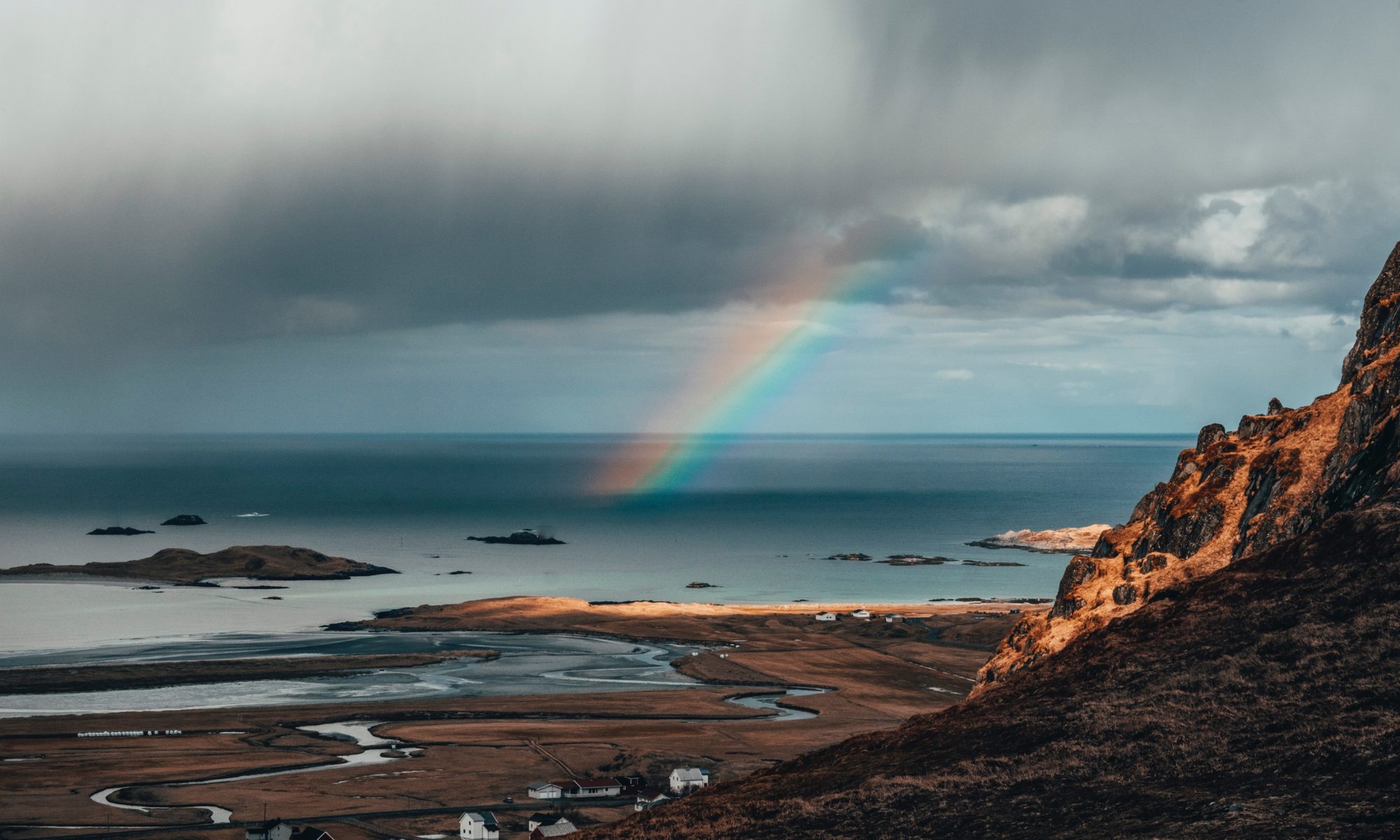Mustard Seeds and Mountains (http://www.mustardseeds.org/ ), founded by Randy and Jacque Wallace as a non-profit Christian Community Development organization, operating in southern West Virginia for over 20 years, now also operates in California, affectionately dubbed Mustard Seeds West. We reach out in various ways to needy neighborhoods. In Bakersfield, CA, we are partnering with Plaza Iglesia Cristiana, a bi-lingual (Spanish-English) church, and Positive Change and Development Center, reaching into needy neighborhoods of Bakersfield. Randy and Jacque, members at The Bridge Bible Church, also attend Plaza Iglesia Crisitana each Sunday, helping in whatever ways needed in the borrowed facility: set up, tear down, communion preparation, preaching, teaching. The following account is fresh from this past Sunday at Plaza Iglesia.
You’ve heard of “The Dirty Dozen”. Or maybe not if you are under a certain age. No matter, there is among us an even greater dozen, give or take a few. No, not the Twelve Disciples, though maybe one day. This is Kimo’s Dozen.
And what a crew they are! Twelve wriggling, jabbering, jousting boys ranging in ages from three to ten. Is there anything more bursting with energy and life … and potential for good, or bad … than a dozen boys? And is it any wonder dear Miss Naomi, Sunday School teacher to all the boys and girls from five to eighteen at Plaza, could use an extra “hand” to corral the children she teaches every Sunday?
This past Sunday as I stood in church, not singing the Spanish words this time due to technical difficulties whereby the words could not be projected on the screen so that I could stumble over them, I watched as Martha’s four grandsons trouped in to sit in the front row. I got choked up looking at these live wires being raised by their grandmother. I prayed through my tears, “Oh, Lord Jesus, give us these boys. Save each one, dear God. Surround them. Keep them. Jesus. Jesus.” Even now I am in tears.
Leno, the oldest at about ten years, was baptized last Sunday. I saw him trying to make the younger boys behave …. God is at work.
Randy has stepped in a few times to substitute teach Sunday school at Plaza Iglesia Crisitana. This past Sunday he took the boys and Miss Naomi took the girls. It is hard to count moving heads, but I counted about twelve little boys. All very much alive and well!
Overheard from the Sunday school room: Randy’s voice leading in singing, “What can wash away my sins? Nothing but the blood of Jesus.” Toward the end of the preaching service I could faintly hear the song, “There’s only one way, one way to Heaven. There’s only one way, that way is Jesus ….”
“Kimo” is what Randy calls almost everyone and he has called the little boys of Plaza Iglesia, Kimo, and now they call him Kimo. And they love him. And they listen to him. Well, except for one little guy who was taking his shirt off and putting it on and sticking his elbows into his shirt and wrapping it around his head so just his eyes showed –Randy grabbed the shirt and tossed it aside, not skipping a beat. He got the boy’s attention! So Sunday school class goes.
But they will remember the songs. And they will know God loves them. And they will know Jesus loved them enough to die for them. And they know Mister Randy, aka Kimo, loves them, too.
Randy is thinking of a place he can take the boys on an outing (they’re already learning to serve by helping set up or take down the folding chairs for church service).
Sounds like Kimo’s Dozen may become an established fact. Give or take a few now and then.
Please pray for the boys and girls of Plaza Iglesia. Pray for the parents to come to know Jesus, too. And pray for Miss Naomi and the pastors, Cesar and Maria, as they reach out into the needy neighborhood of SouthEast Bakersfield.
And pray for Kimo and Kimo’s Dozen, that they will become the Dozen Disciples.
